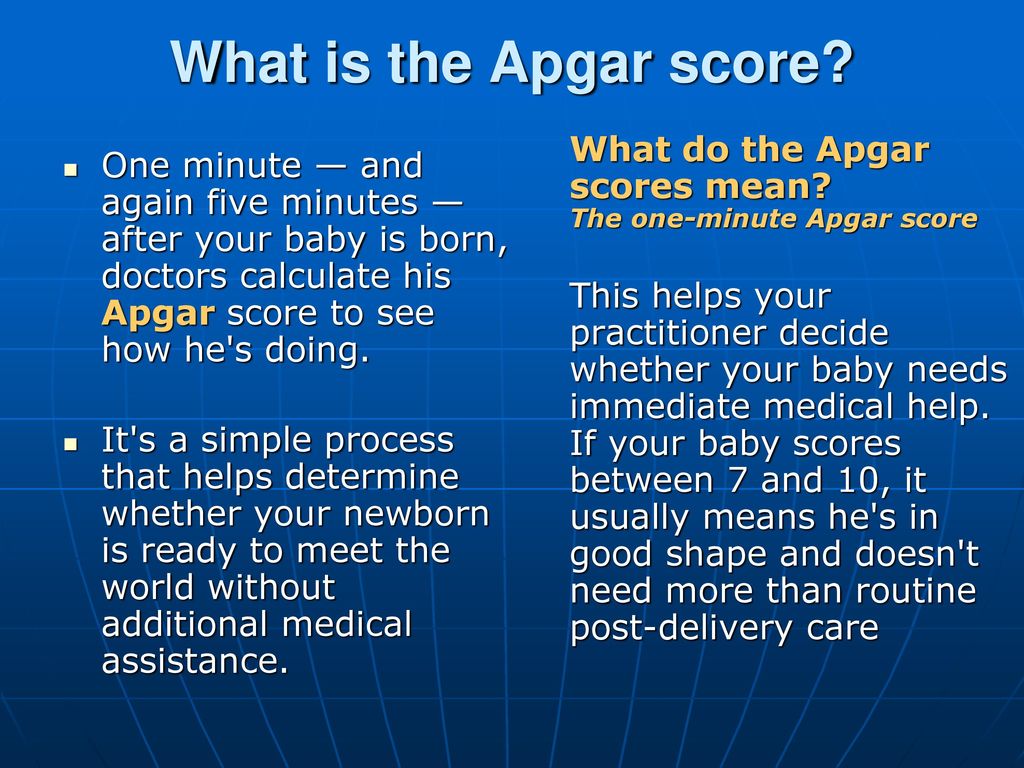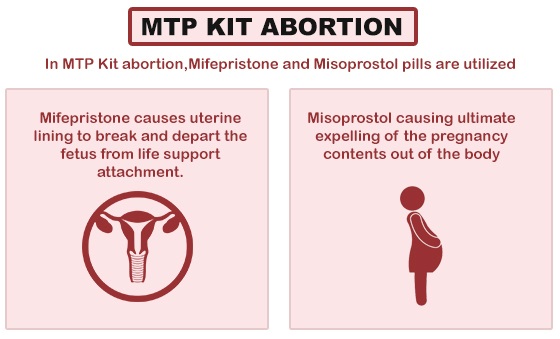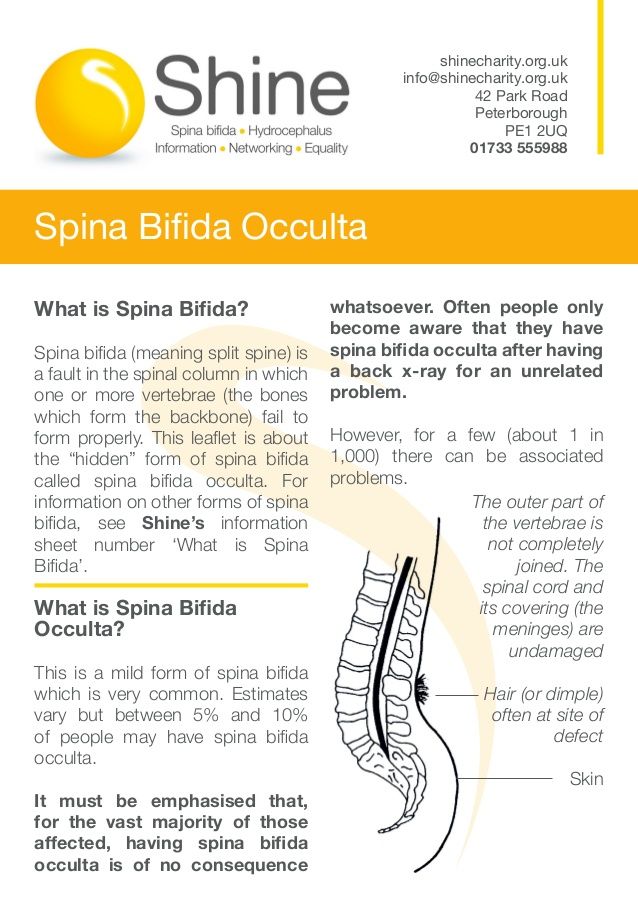Foods good for pregnancy nausea
10 foods that fight nausea during pregnancy
News & Blog
Posted on by Mai Songsawatwong
When morning sickness strikes during the early weeks of your pregnancy, you want fast relief from nausea and vomiting. Fortunately, there are many tips to help calm your upset stomach, including foods that fight nausea during pregnancy.
Nausea during pregnancy can happen any time of the day or night. It usually starts between the first 4 to 6 weeks of pregnancy and gets better by week 14. Since nearly 75% of women experience morning sickness at some point during their pregnancy, there are many tried and true methods available to find relief, such as sticking to the best foods for pregnancy nausea.
What causes morning sickness?
Not all women experience morning sickness the same way. Some feel queasy only occasionally, and others feel sick all day long but might never throw up. There are a few possible causes of morning sickness:
- Hormones. The pregnancy hormone hCG peaks around the time morning sickness is the worst. Also, estrogen and progesterone levels rise during pregnancy, which relax the digestive tract muscles and make digestion less efficient (and might also cause heartburn).
- Sensitivity to odors. Your heightened sense of smell during pregnancy can make some scents sickening.
- Excess saliva. Experts suspect this is the body’s way of protecting your mouth, teeth, and throat from the corrosive effects of stomach acid, which can increase when you’re queasy.
- Stress and fatigue. Emotional stress and being very tired can trigger nausea.
- First-time pregnancy. If your body hasn’t gone through a pregnancy before, the surge of hormones and other changes you’re experiencing might make nausea more likely.

- Hot weather. It can be hard to get comfortable when you’re pregnant, especially if you’re overheated.
- Genetics. If your mom or sister had morning sickness, chances are better you will, too.
Quick morning sickness relief
There’s so much to do when planning for your baby’s arrival. It’s essential to take time for yourself to rest and destress. Rushing and exhaustion tend to aggravate nausea.
Remember to get enough sleep and keep your stress level in check with meditation or prenatal yoga. Keep crackers or cereal on your bedside table so you can have a snack before you fall asleep or right when you wake up. This can give you some morning sickness relief.
Best foods for morning sickness
Nausea and vomiting are always unpleasant and stressful. For some women, it’s crucial to proactively eat certain foods to help treat morning sickness before it becomes more severe. Other expectant moms find relief with particular food and drinks when the queasiness kicks in. It’s also vital to eat and drink after vomiting to replace fluids, electrolytes, and calories.
It’s also vital to eat and drink after vomiting to replace fluids, electrolytes, and calories.
While we wish there was a morning sickness cure, these foods and drinks can help with nausea during pregnancy:
- Bland, easy-to-digest foods (bananas, rice, applesauce, toast)
- High-protein foods (chicken, peanut butter, beans)
- Cold beverages and snacks (smoothies, almond milk)
- Ginger
- Carbonated beverages
- Herbal teas and broth
- Fruits and vegetables high in water content (watermelon, cucumbers)
- Citrus fruits
- Peppermint
- Foods high in vitamin B6 (salmon, avocados)
Bland, easy-to-digest foods
One of the oldest tricks in the book to help ease morning sickness is still a winner for a reason: bland foods during pregnancy are easy to digest. The B. R.A.T. diet consists of bananas, (white) rice, applesauce, and toast. These foods don’t have an overwhelming flavor, so they’re less likely to upset your stomach. The starch can also absorb stomach acids to help relieve the queasy feeling.
R.A.T. diet consists of bananas, (white) rice, applesauce, and toast. These foods don’t have an overwhelming flavor, so they’re less likely to upset your stomach. The starch can also absorb stomach acids to help relieve the queasy feeling.
High-protein foods
Experts have found that protein-rich foods can help with nausea during pregnancy. Proteins like chicken, peanut butter, and beans can calm the waves of nausea by increasing a hormone called gastrin, which aids digestion.
Other high-protein foods that help with morning sickness are hard-boiled eggs, hard cheeses, nuts and trail mix, lean beef, edamame, and Greek yogurt.
Eating high-protein snacks will also help you meet your increased need for protein during pregnancy since most women need around 60 grams of protein per day.
Cold beverages and snacks
Did you know hot foods and drinks are more likely to have an aroma that triggers your gag reflex? For a smell to be detected by your olfactory system, it needs heat, so the warmer something is, the more it will smell.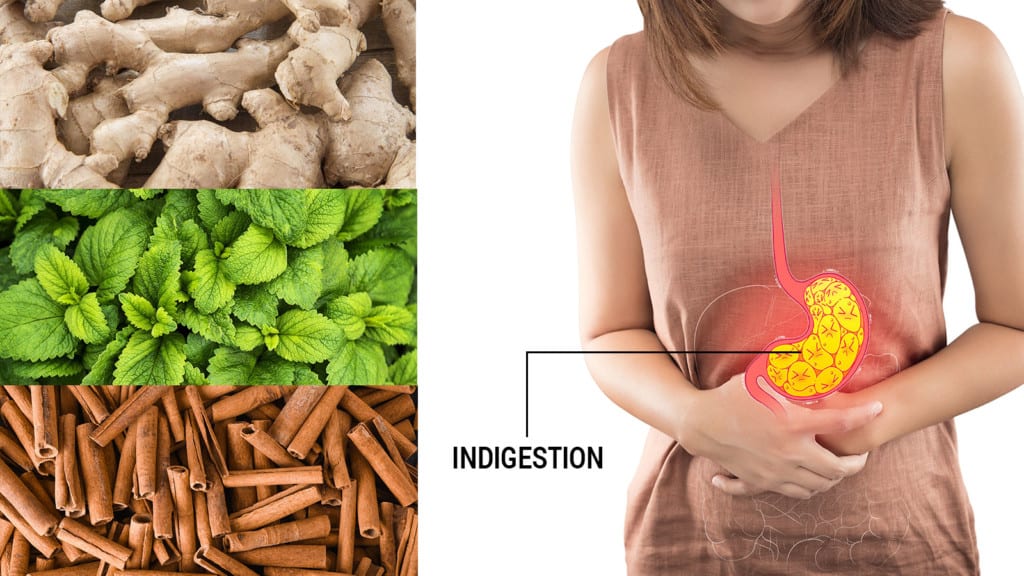 Cold foods have less fragrance, so they might be more palatable when you experience nausea during pregnancy.
Cold foods have less fragrance, so they might be more palatable when you experience nausea during pregnancy.
Also, sometimes it’s easier to consume liquids when feeling queasy, so reach for cold drinks to help with nausea during pregnancy. Some good options are cold almond milk (which can also settle heartburn) and smoothies (load them up with healthy stuff!)
If you’re having trouble keeping liquids down, try sorbet, frozen yogurt, popsicles, chilled fruits, and ice cream.
Learn more about a healthy pregnancy and delivery options at The Mother Baby Center
Ginger
Ginger has been extensively studied and commonly used in Chinese medicine for hundreds of years to treat nausea and vomiting, so it’s worth giving it a try when you’re feeling queasy. Sometimes just the smell of fresh ginger can calm an upset stomach.
You’ll want to ensure the foods and drinks you’re consuming contain real ginger (check labels; some prepared foods don’t use real ginger. ) Try ginger ale, ginger tea, ginger snaps and candies, ginger biscuits, and crystallized ginger. Use fresh ginger when you’re cooking soups and stir fry.
) Try ginger ale, ginger tea, ginger snaps and candies, ginger biscuits, and crystallized ginger. Use fresh ginger when you’re cooking soups and stir fry.
Other ideas for using ginger to help morning sickness include:
- Sprinkling dried ginger on your breakfast oatmeal
- Add it to a smoothie
- Ginger lollipops and candies are increasingly popular
- Grated fresh ginger root can be added to your salad or spicy sauce.
Carbonated beverages
Some pregnant women find mineral water and other carbonated beverages are good morning sickness remedies. The carbonation can help reduce the total acidity of the stomach, making nausea dissipate. Mineral water comes in countless flavors, and you can add your own fruit infusions. Sugary carbonated sodas can also help with pregnancy nausea, but make sure to drink those in moderation.
Remember, carbonation can lead to feeling fullness more quickly than other beverages, so you should sip them slowly and pay attention to any unpleasant side effects like bloating.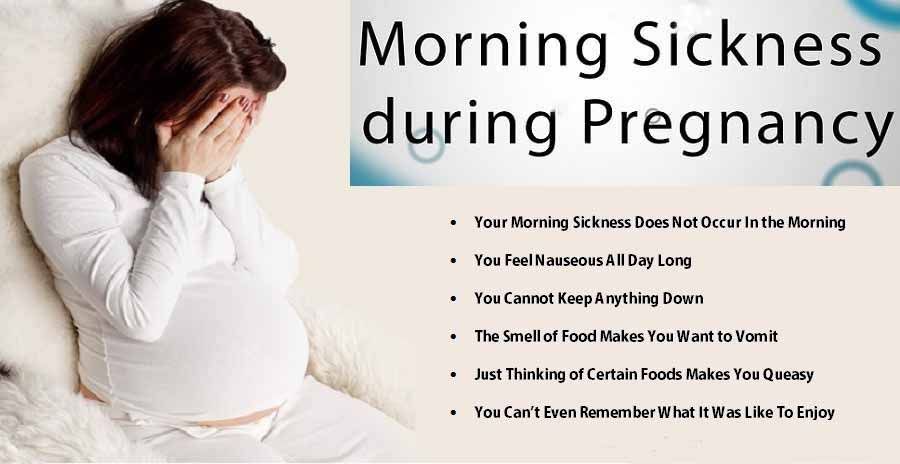 It can also be helpful to drink fluids a half hour before or after a meal, not with the meal. And make sure to drink small amounts of fluids throughout the day to avoid dehydration.
It can also be helpful to drink fluids a half hour before or after a meal, not with the meal. And make sure to drink small amounts of fluids throughout the day to avoid dehydration.
Herbal teas and broth
Staying hydrated is so important early in your pregnancy. Drinking enough fluids will help settle your stomach and rehydrate your body after throwing up. Plain water is always a great choice, but sometimes a cup of herbal tea is a great drink to help ease nausea during pregnancy.
Not all teas are safe during pregnancy, so stick to herbal teas like chamomile, red raspberry, lemon, spearmint, peppermint, or peach. Adding lemon or ginger to your tea can also help calm nausea.
Sipping soup broth can also be a great way to get hydration and nutrition while calming your stomach. Broth goes down easily, and it contains electrolytes and essential minerals to keep your blood volume up, which can also prevent dehydration and relieve morning sickness.
If hot tea or broth is too aromatic, try cooling them or add ice for a soothing change.
Fruits and vegetables high in water content
We’ve made the point that staying hydrated is one of the best ways to stop morning sickness early in pregnancy and beyond. When drinking fluids makes matters worse, try eating fruits and vegetables with high water content.
Good options to try include:
- Cucumbers
- Tomatoes
- Apples
- Celery
- Peaches
- Cantaloupe
- Strawberries
- Lettuce
- Watermelon
Some pregnant women say watermelon is the best fruit for morning sickness, even when nothing else stays down. In addition to being refreshing and delicious, it can ease heartburn and reduce swelling, and the minerals in it can help prevent muscle cramps. For your growing baby, watermelon is packed with vitamins A, C, B6, potassium, and magnesium, which are important for your baby’s vision, brain, and nervous and immune systems.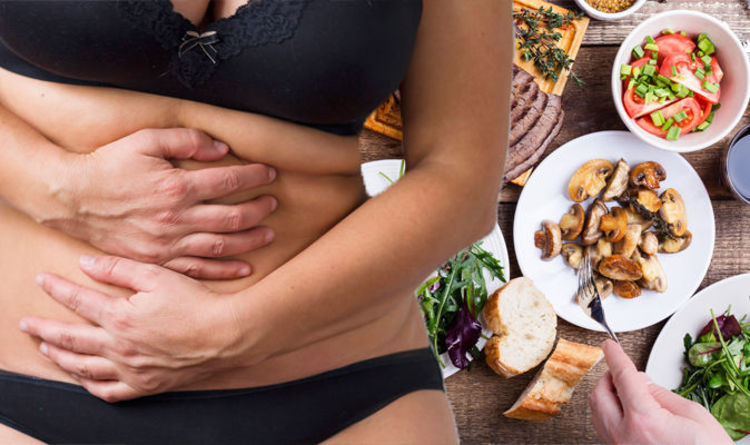
Another idea is to add vegetables with high water content to your broth.
Citrus fruits
Try sniffing a lemon when you’re not sure what to eat when you’re nauseous and pregnant. Researchers have found that sniffing lemon scented aromatherapy reduces nausea in pregnant women. Lemons and other citrus fruits in moderation are safe for you and your baby during pregnancy, so add them to your shopping list.
Other uses for lemons or oranges include:
- Squeezing them in your water
- Lick the slices
- Suck sour lemon candy
- Steep whole lemons in water to make a fragrant tea
- Add lemon or orange zest to yogurt or ice cream
Make sure to stash some lemon drop candies in your bag before you leave the house. Smelling lemon essential oil might also provide some nausea relief.
Peppermint
Like ginger, peppermint has been a morning sickness cure for hundreds of years.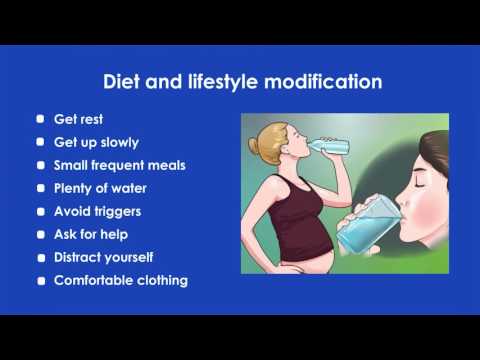 Peppermint is safe for you and your baby when consumed in moderation.
Peppermint is safe for you and your baby when consumed in moderation.
Try peppermint tea, add mint syrup to sparkling water, or sprinkle fresh chopped mint on Middle Eastern dishes. If you’re feeling up for it, enjoy a non-alcoholic mojito with extra muddled mint! Peppermint hard candies or gum are great for on-the-go nausea relief.
Consuming peppermint essential oil during pregnancy isn’t recommended. It can make reflux worse.
Explore The Mother Baby Center’s blog for more pregnancy and delivery tips and stories.
Foods high in vitamin B6
Vitamin B6 will probably be discussed a lot when you’re newly pregnant and throughout the next nine months. It’s a super important vitamin for the healthy development of your baby’s brain and nervous system.
Bonus Tip: Vitamin B6 can also help stop morning sickness!
Your doctor might recommend you take a vitamin B6 supplement early in your pregnancy when nausea and vomiting are the worst.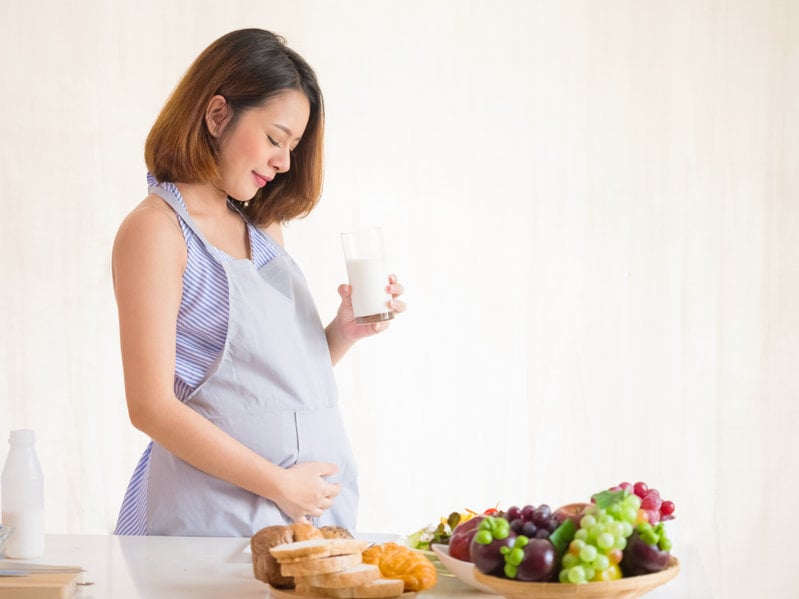 Other good sources of vitamin B6 include salmon, avocados, sunflower seeds, pistachios, poultry, dried fruits like prunes and raisins, bananas, spinach, and lean pork or beef.
Other good sources of vitamin B6 include salmon, avocados, sunflower seeds, pistachios, poultry, dried fruits like prunes and raisins, bananas, spinach, and lean pork or beef.
Can certain foods cause pregnancy nausea?
If you’re already feeling kind of green with morning sickness, the last thing you want to do is eat or drink anything that will make nausea worse. For example:
- Skip greasy and processed fast foods, which are hard to digest and won’t do anything to help with morning sickness.
- Avoid fatty and spicy foods, which can trigger nausea and heartburn.
- Certain food smells might bother you more than before you were pregnant, so turn on fans, have someone else cook for you, or skip those foods altogether.
- Carbonated drinks and citrus fruits work as morning sickness remedies for some women, but they do the opposite for others.
Learn more about a healthy pregnancy and delivery options at The Mother Baby Center
Find a pregnancy support group at The Mother Baby Center
Morning sickness is unpleasant but can also be a reassuring reminder that you’re pregnant.:strip_icc():format(jpeg)/kly-media-production/medias/2785562/original/028627600_1556001360-shutterstock_1019963743.jpg) Nearly three out of four pregnant women experience nausea and vomiting during their pregnancy, which means there are still women who sail through with no morning sickness. If you have little or no morning sickness, you’re lucky!
Nearly three out of four pregnant women experience nausea and vomiting during their pregnancy, which means there are still women who sail through with no morning sickness. If you have little or no morning sickness, you’re lucky!
But remember, nausea and vomiting can start any time during the second or third month of pregnancy, so it’s good to be thinking about ways to make yourself feel better in case it happens. Knowing the best foods that help with nausea during pregnancy is one way to feel more in control if it happens to you.
If you are nauseous or vomiting during pregnancy, you should eat and drink whatever feels best for you whenever you are able. Talk to your health care provider about other options to manage your morning sickness symptoms, including some prescription medications. A pregnancy support group – like the ones at The Mother Baby Center – is also a great place to get ideas and support.
Remember that morning sickness is temporary, and soon you’ll have a beautiful baby in your arms!
Morning sickness
Morning sickness is the nausea and vomiting experienced by many women during pregnancy.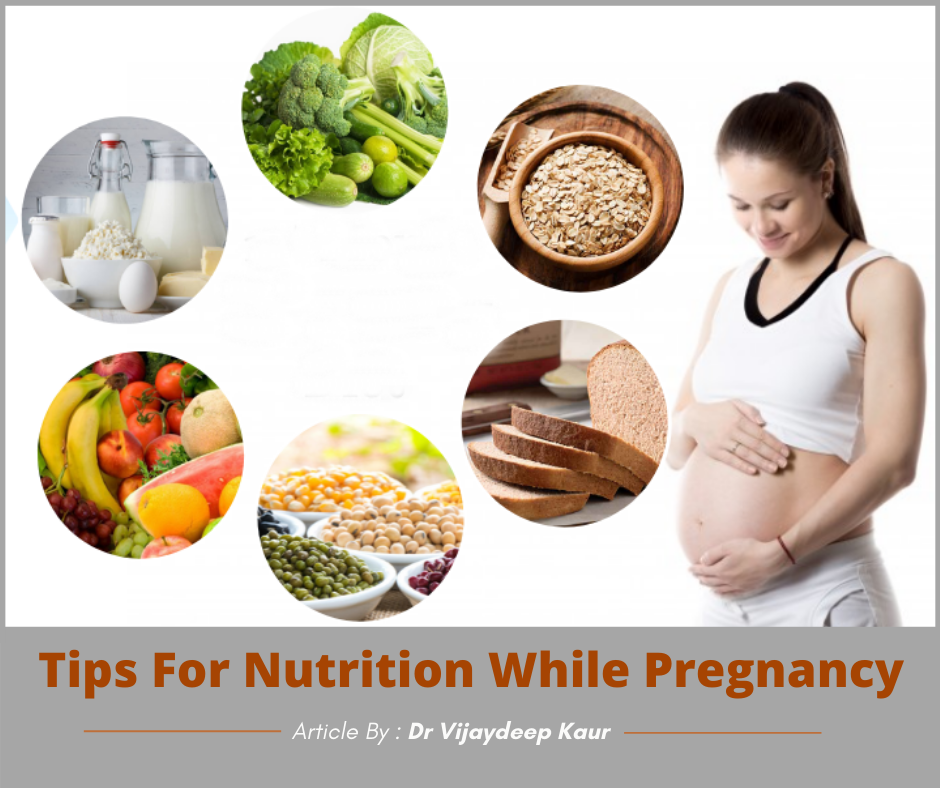 It affects between 70 to 85 per cent of pregnant women.
It affects between 70 to 85 per cent of pregnant women.
Although it is often called morning sickness you may feel sick at any time of the day. Many women (about 80 per cent) feel sick throughout the day.
Morning sickness is associated with changes in hormones levels during pregnancy.
Some women are lucky enough to not be affected by morning sickness and in others the condition can be so severe that they need to be hospitalised.
Signs and symptoms
Symptoms of morning sickness typically include nausea and vomiting, which often appear around week 5 or 6 of your pregnancy.
The symptoms can worsen at around 9 weeks but tend to improve by weeks 16 to 18.
For 15 to 20 per cent of pregnant women, symptoms continue until the third trimester and for 5 per cent of women they last until the birth.
Will morning sickness harm my baby?
Nausea and vomiting will not impact on your chances of having a healthy pregnancy. Interestingly, women who experience mild morning sickness tend to have fewer miscarriages and stillbirths when compared to those who don’t experience morning sickness.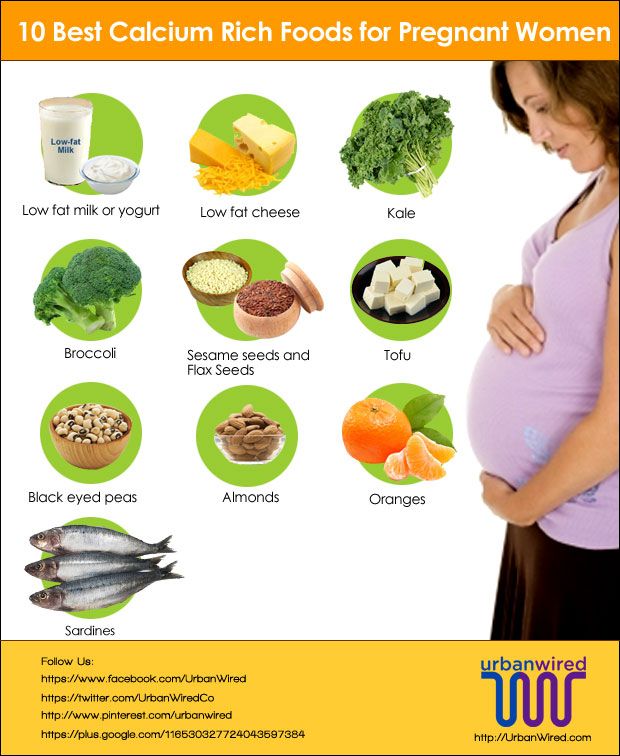
A small number of women may experience more severe nausea and prolonged vomiting that requires medical attention.
Speak to your midwife or doctor if you experience:
- signs of dehydration (dark coloured urine or dizziness when you stand)
- repeated vomiting throughout the day (especially if you see blood in the vomit)
- pain or cramping
- weight loss over 2 to 3 kg.
Managing morning sickness
Although we are uncertain about the cause of nausea and vomiting in pregnancy, we do know that changing your diet may relieve your discomfort.
Stay hydrated
- If you are vomiting continuously, it is very important to drink fluids, so that you don’t become dehydrated. Drinks that contain sugar are better tolerated – sip a little bit every 15 minutes. Try sipping lemonade, cordial, electrolyte or glucose drinks, ginger beer, mineral or soda waters.
- Suck on icy poles, frozen fruit juice, ice-blocks, frozen yoghurt or frozen flavoured milks.
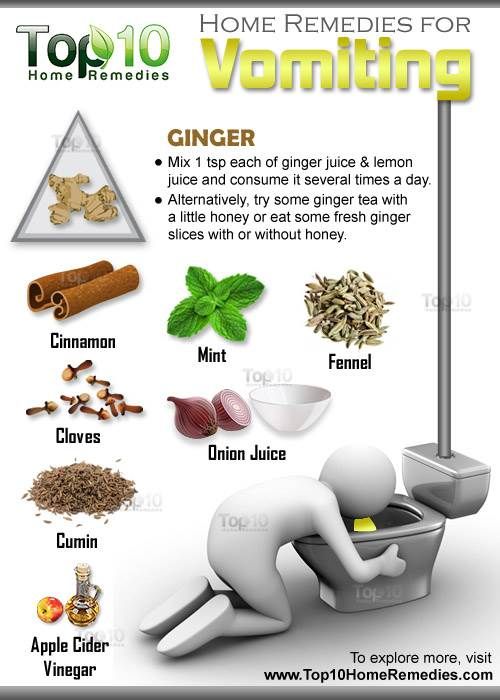
- Jelly may be easier to keep down.
- Avoid high acid drinks like orange juice as they can irritate your stomach.
Try ginger
There is evidence that ginger works as a herbal remedy and can help to settle nausea in pregnant women. In many cultures ginger is used to relieve indigestion.
Ginger can be taken in several forms:
- a drink made from half a teaspoon of powdered ginger dissolved in tea
- a warm drink made from grated ginger root in a cup of hot water
- ginger beer (non-alcoholic)
- glace or crystallised ginger
- ginger flavoured biscuits
- cordial.
You can make your own ginger cordial by simmering a large crushed ginger root and two cups of water for 20 minutes. Strain this, add 1 tablespoon of honey, refrigerate and use this as a cordial with mineral water.
Choose healthy options
As your vomiting lessens, try more nourishing drinks:
- full cream or fat reduced milk (can be) mixed with soda water
- fruit juices, vegetable juices and nectars (dilute with water if needed)
- nutritional supplement drinks such as Sustagen
- milkshakes or fruit smoothies
- soups – these may be better tolerated at room temperature, rather than very hot or very cold.

Try small amounts of food
- Eat a small amount of carbohydrates every half hour. For example:
- cracker biscuits
- 1 tablespoon of rice, pasta or breakfast cereal
- 1 teaspoon of banana or other fruit.
- Eat a small amount of carbohydrates 10 minutes before your main meals.
- Keep your meals small but eat more often.
- Avoid drinking any fluids during meals.
Low fat food
Foods low in fat may be easier to digest and will help to reduce discomfort from overeating.
Include these foods in your diet:
- dry toast with honey, jam or vegemite
- plain salty crackers and cheese
- jelly and custard
- popcorn or dry breakfast cereal
- stewed, canned, fresh or dry fruit
- rice, pasta or noodles
- steamed, boiled, or fresh vegetables
- soups.

Foods to avoid
These foods may upset your stomach:
- fatty or fried foods
- thick, creamy gravies or soups
- sweet foods like chocolate, rich desserts, cakes and pastries
- nuts and dry chips
- strong smelling vegetables
- coffee, tea, cocoa, cola drinks
- spicy or rich foods
- wholemeal and high-fibre bread.
Other helpful hints to manage morning sickness
- Eat small amounts of food often. Aim for 5 to 6 small meals a day.
- Do not skip meals. An empty stomach can make you nauseous.
- Take your time to eat.
- Practice relaxation techniques.
- Wear loose clothing.
- Get fresh air, sit outside in the garden and eat.
- Sit upright during your meal.
- Rest after meals but avoid lying flat. Use pillows to raise your head and shoulders.
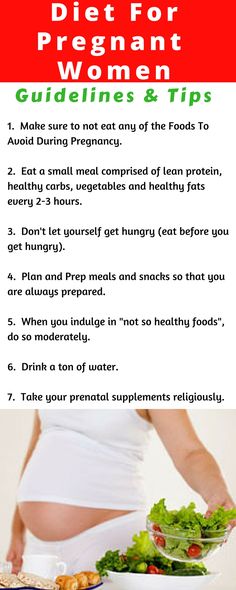
- Chew your food well.
- If getting up in the mornings is a problem, snack on something like dry toast or salty crackers before you rise.
- Cook and freeze food on a good day so it is ready for your ‘off’ days.
- If possible avoid being in or near the kitchen while food is prepared.
- Take vitamin B6 supplements (10 to 25 mg 3 times a day) as this can reduce symptoms of mild to moderate nausea. Ask your doctor or midwife for more information.
- Acupuncture, acupressure and hypnosis are useful for some women.
- Give up cigarettes and avoid cigarette smoke.
- Do not take iron tablets unless prescribed by your doctor.
More information
If you have ongoing problems with morning sickness your doctor or midwife can provide you with a referral to a hospital dietitian.
Where to get help
- Find a GP/doctor
- Search a GP urgent care practice (external site)
- Visit healthdirect (external site) or call 1800 022 222
Remember
- More than 70 per cent of pregnant women get morning sickness.

- There are a number of simple steps you can take to relieve the symptoms of nausea and vomiting.
- If your vomiting becomes severe, or your start to experiencing pain or cramping, seek advice from your doctor or midwife.
Acknowledgements
Women and Newborns Health Service
This publication is provided for education and information purposes only. It is not a substitute for professional medical care. Information about a therapy, service, product or treatment does not imply endorsement and is not intended to replace advice from your healthcare professional. Readers should note that over time currency and completeness of the information may change. All users should seek advice from a qualified healthcare professional for a diagnosis and answers to their medical questions.
Toxicosis: 10 products that will help
Svetlana Ogorelkina
February 06, 2021 at 19:50 Pregnancy and childbirth 53579 6 minutes
We will give you 20 points for reading the article.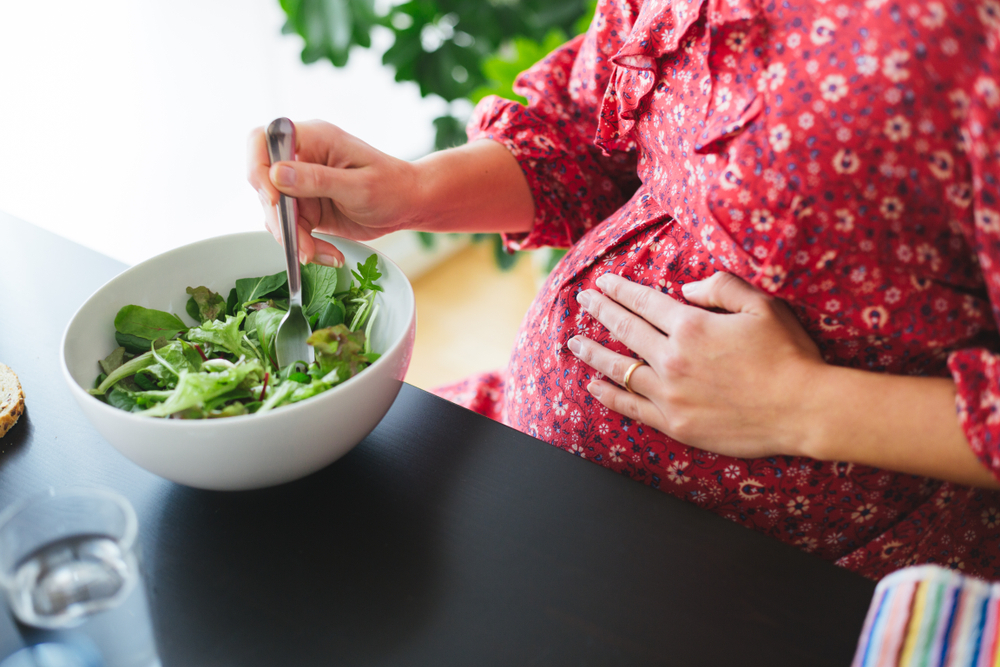 To credit points to your account, you need to log in.
To credit points to your account, you need to log in.
Article
When toxicosis is tormented, nothing pleases. And also you have to work. There are as many as 10 foods for every taste that can help fight morning sickness in the first trimester of pregnancy. We remember.
Relevant and useful information for modern parents - in our mailing list.
We already have over 50,000 subscribers!
The problem of toxicosis in the first trimester worries almost every woman. You will rarely meet a pregnant woman who does not have any signs of malaise, nausea and headache at all. If a woman's condition worsens, she is sent to a hospital for treatment. They put droppers, prescribe medications and monitor her health every day. Thanks to medical assistance, the pregnant woman becomes easier, and after a couple of days she is discharged.
Quick registration
Get 5% off your first order!
Toxicosis is a very unpleasant condition for a future mother.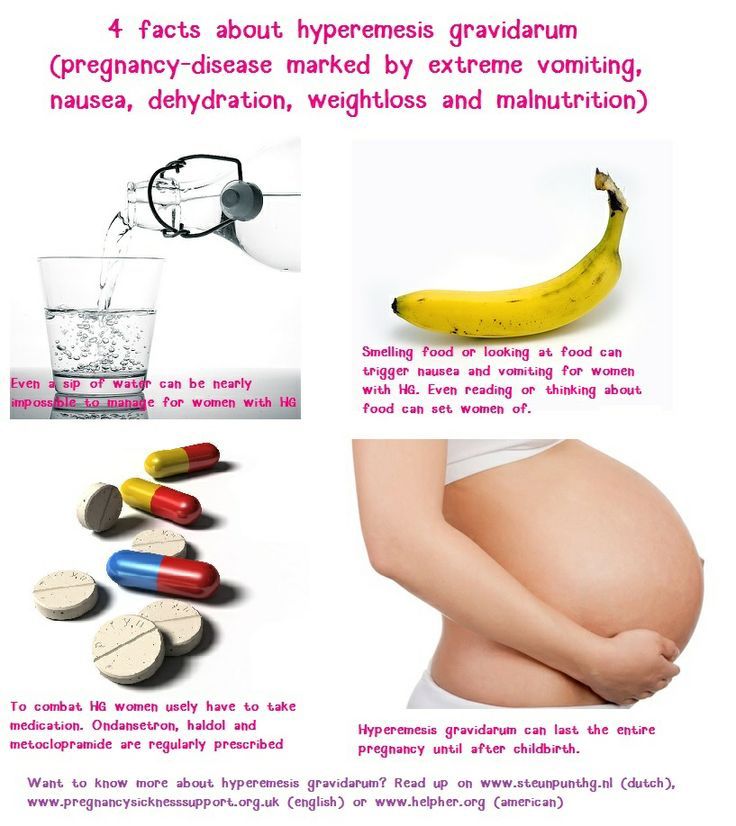 It occurs due to poisoning with toxins that accumulate in the body during the period of bearing a baby. As you know, after 30 years it is harder for a woman to endure it: it becomes more pronounced and torments a pregnant woman for a long time.
It occurs due to poisoning with toxins that accumulate in the body during the period of bearing a baby. As you know, after 30 years it is harder for a woman to endure it: it becomes more pronounced and torments a pregnant woman for a long time.
The first symptoms of toxicosis begin to appear at the sixth week of pregnancy. They can hurt all day long. And only by the end of the twelfth week, the unpleasant state begins to decline.
- Crackers and crackers
Gynecologists with severe toxicosis advise eating carbohydrate foods in the morning, when nausea is especially tormenting. It is enough to chew a few crackers, and then lie down for 20 minutes. Nausea should subside. This method has been tested on my own experience, and it really works. When I ate such foods, the nausea passed very quickly.
- Apples
Another useful product that helps fight nausea. They are rich in vitamins that are so necessary during pregnancy (iron, manganese, potassium, etc. ). This fruit normalizes the digestive system, reduces vomiting, and also enhances the production of gastric juice.
). This fruit normalizes the digestive system, reduces vomiting, and also enhances the production of gastric juice.
- Honey
It contains many vitamins, glucose, trace elements and fructose. They are easily absorbed by the body of a pregnant woman and do not overload her digestive tract - a tablespoon of honey on an empty stomach is enough. If a woman in a position has an allergy, then in this case, of course, it is better for her to refuse it in favor of another product.
- Herbal tea
Such a drink can be prepared on the basis of chamomile or mint. It helps relieve stomach cramps, soothe the digestive tract and relieve nausea. Tea should not be drunk hot. It must be at room temperature. If desired, a pregnant woman can add a slice of lemon or a spoonful of honey to her taste.
- Citrus
If you have a juicer at home, you can make orange juice.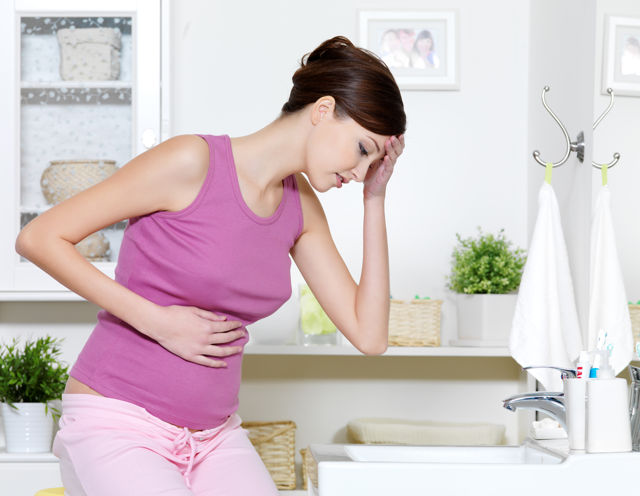 It perfectly cleanses the body of toxins and toxins. Helps manage symptoms of nausea. However, if you drink it on an empty stomach, then it will have a very negative effect on the gastric mucosa and will irritate it. It is recommended to drink juice after meals or during the day. It also contains a large amount of sugar. Once in the body of a pregnant woman, it is quickly absorbed into the bloodstream, produces a lot of insulin, which is not useful for the normal functioning of her body.
It perfectly cleanses the body of toxins and toxins. Helps manage symptoms of nausea. However, if you drink it on an empty stomach, then it will have a very negative effect on the gastric mucosa and will irritate it. It is recommended to drink juice after meals or during the day. It also contains a large amount of sugar. Once in the body of a pregnant woman, it is quickly absorbed into the bloodstream, produces a lot of insulin, which is not useful for the normal functioning of her body.
- Pumpkin
It helps a pregnant woman quickly eliminate malaise and feeling unwell in the morning, and also has an antiemetic effect. Many dishes can be made from it, including making porridges and decoctions from it. Pumpkin contains a large number of different vitamins, pectins and beta-carotene. It is useful not only for nausea, but also improves sleep, improves immunity and calms the nervous system.
- Dried apricots
An indispensable dried fruit for a pregnant woman, which helps maintain water balance in the body and eliminate nausea.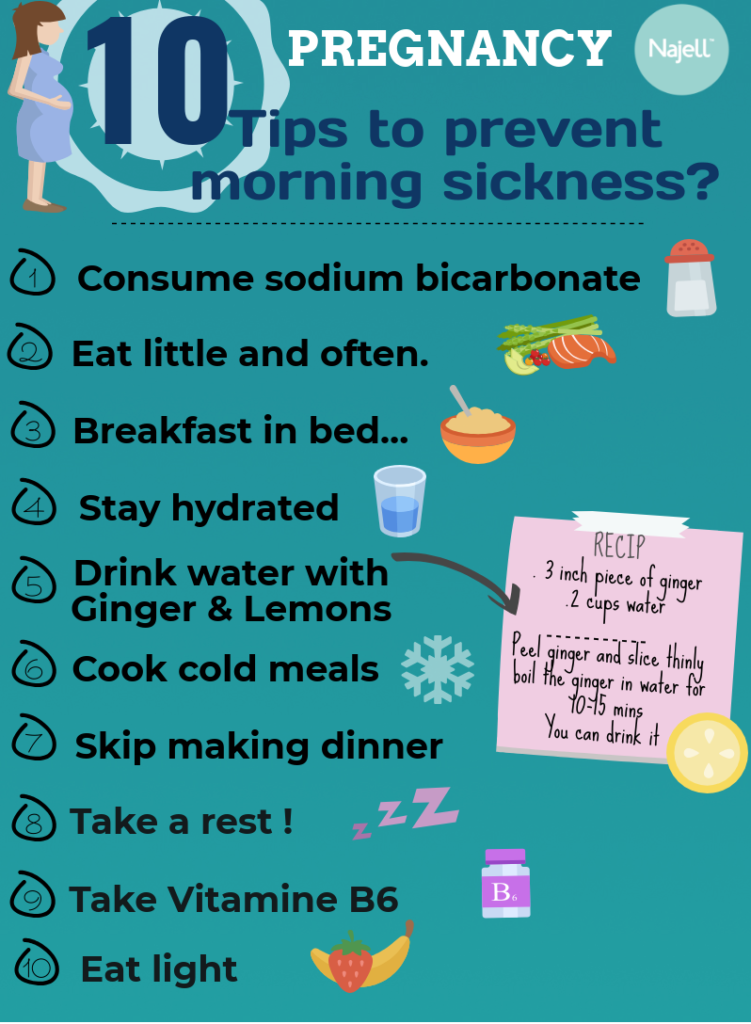 It replaces sweets. Not only fights against toxicosis, but also eliminates constipation during pregnancy. Decoction of dried apricots removes intoxication of the body.
It replaces sweets. Not only fights against toxicosis, but also eliminates constipation during pregnancy. Decoction of dried apricots removes intoxication of the body.
- Mints
They help a pregnant woman very well during bouts of nausea in a public place. It's best to always keep them handy. They relieve stomach cramps. Sweets, however, are contraindicated in those with a tendency to heartburn.
- Ginger
An effective remedy for nausea. It also relieves headaches, dizziness, improves the well-being of a pregnant woman. It is enough to brew 50 g of peeled ginger in a glass of boiling water and enjoy a healthy drink after 10 minutes. But you should not abuse this product, otherwise it can have a negative effect on pregnancy. It should not be used with high blood pressure, gastrointestinal problems and cardiovascular diseases.
- Cucumber
Low calorie, almost entirely water. Reduces the feeling of nausea. Positive effect on women's skin. During the day, you can snack on this miracle vegetable more than once.
Reduces the feeling of nausea. Positive effect on women's skin. During the day, you can snack on this miracle vegetable more than once.
Choose from the list what you like best. Most importantly, do not consume these products in large quantities, so as not to harm yourself and the child. Individual intolerance is possible. Therefore, before dealing with nausea, consult a doctor. He will recommend exactly what is right for you.
Early toxicosis during pregnancy. proper nutrition
Recommend the article to your friends
Nutrition for toxicosis so as not to feel sick
You saw two stripes on the test, but the condition does not allow you to fully enjoy happiness? Morning starts not with coffee, but with nausea and a quick run to the bathroom? Bad from the smell of your favorite foods? The good news is that you are definitely pregnant and can start learning how to prepare for childbirth.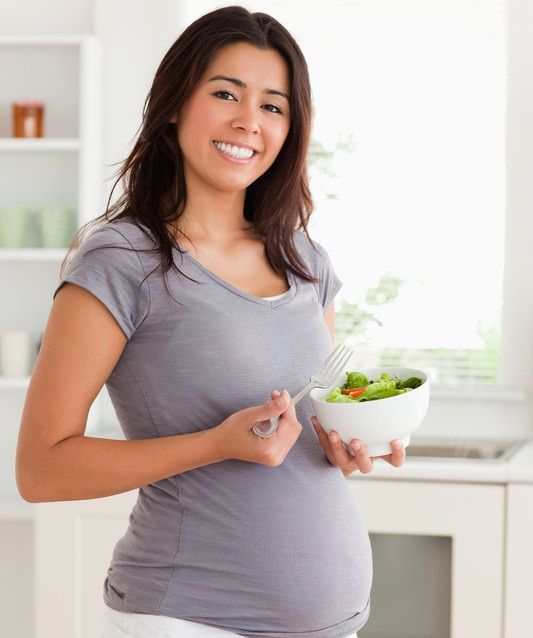 The bad one is toxicity.
The bad one is toxicity.
The immune system reacts to the fetus with toxicosis. Also, the body is rebuilt at the hormonal level, which affects women's well-being. Obstetricians distinguish 2 types of toxicosis - early and late. With a late one, you need to urgently contact your doctor, and we'll talk about the early one. Every second pregnant woman faces it. Fortunately, proper nutrition for toxicosis helps to relatively calmly survive the first trimester.
We will tell you what you can eat with toxicosis to alleviate the condition.
Nutrition in toxicosis - basic principles
It is necessary to know not only what you can eat with toxicosis, but also how to eat. A properly selected power supply system is your main assistant. And it is quite possible that simply changing a few eating habits will save you from unpleasant nausea.
- Don't starve! For the development of crumbs, you need a lot of useful substances. Not getting it from food, the child will take them from your body's reserves, which will negatively affect health.

- Eat foods rich in vitamins and minerals . In search of information about what to eat with toxicosis, remember that food should be varied and as useful as possible.
- The most important thing is food before breakfast . Most often sick in the morning on an empty stomach, especially with a sharp rise. Allow yourself to lie in bed as soon as you wake up. Place a glass of lemon water, a bowl of cookies or dried fruits near the bed. Eat a few pieces without getting up: now the stomach is no longer empty - and the feeling of morning sickness should recede.
- Eat less but more often . Switch to a fractional meal system every 2-3 hours. So you do not overload the stomach - and it will be easier for him to digest food, which means he does not want to "return" it.
- Forget about the lunch formula "first-second-third and compote" . Nutrition for toxicosis implies the separation of solid and liquid foods, and drinking should be a separate item.
 It is difficult for the gastrointestinal tract to cope with food of different density at the same time. Divide lunch into several meals - soup at one time, and a side dish with meat a couple of hours later. Drink tea or water separately - an hour before or after a meal.
It is difficult for the gastrointestinal tract to cope with food of different density at the same time. Divide lunch into several meals - soup at one time, and a side dish with meat a couple of hours later. Drink tea or water separately - an hour before or after a meal. - Meals should be warm, not hot . So they are better digested and do not irritate the walls of the stomach.
- If the smell makes you sick, try eating cold or chilled foods . So from them there will be less aromas.
- Temporarily avoid raw fruits and vegetables . The gastrointestinal tract is easier to cope with ready-made food - boiled, baked or steamed. There are a few fruit exceptions - read about them below.
- Nausea is often aggravated by milk . While it's an important source of calcium, there are other ways to get it.
- Listen to your feelings . You will soon understand which foods make you feel worse and which make you feel better.
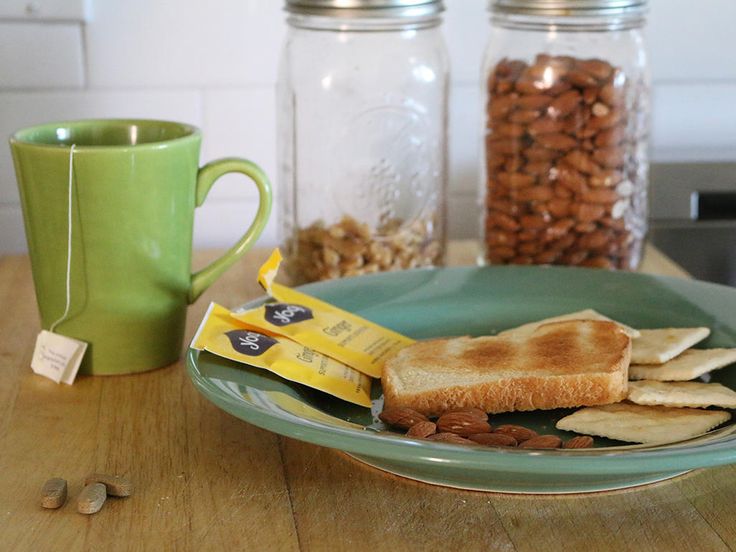
What should pregnant women eat with toxicosis?
Changing eating habits is the first step towards a life without nausea and vomiting. The second is the use of special foods that are eaten with toxicosis. Eat them regularly - and you can not survive, but live in the first trimester.
The basis of the diet
These products are rich in vitamins, micro and macro elements. Easily digestible and do not cause a feeling of heaviness.
- Vegetables, especially green ones. They are rich in folic acid necessary for the normal development of the fetus. Best in vegetable soups or purees
- Beans
- Cereals
- Lean meats (chicken, rabbit, turkey)
- Fish
- Low fat cheese
- Boiled eggs
- Biscuits biscuits
- Water. Drink a little but often. After all, dehydration is one of the most dangerous consequences of vomiting
Some expectant mothers are saved by a "dry" diet. This option can be effective, but you still need to drink water in between so that there is no dehydration.
cravings for salty
Thinking about what you can eat with toxicosis, you immediately remember various salinities.
Can I eat them?
Yes, even necessary. This is the easiest way to restore the loss of sodium and chlorine in the body. Therefore, feel free to eat:
- Herring (1-2 pieces)
- Pickled cucumbers and tomatoes
- Sauerkraut. It is especially useful as it is a source of enzymes necessary for digestion
Reduces nausea
Eat and drink these foods when you feel nausea coming on or as a snack - Your well-being will improve significantly in a day.
- Mint tea
- Ginger tea
- Rosehip decoction
- alkaline mineral water
- Citrum
- Green apple
- Kiwi
- Testin
- 9000 Cucumbers Cucumbers Cucumbers
- Cucumbers Cucumbers
- Cucumbers Adhering to these tips, you will be relatively easier to endure this unpleasant period. We hasten to reassure, from the 8th week of pregnancy, the attacks of nausea and vomiting will begin to decrease, and by the 12th-13th week they will disappear completely.

